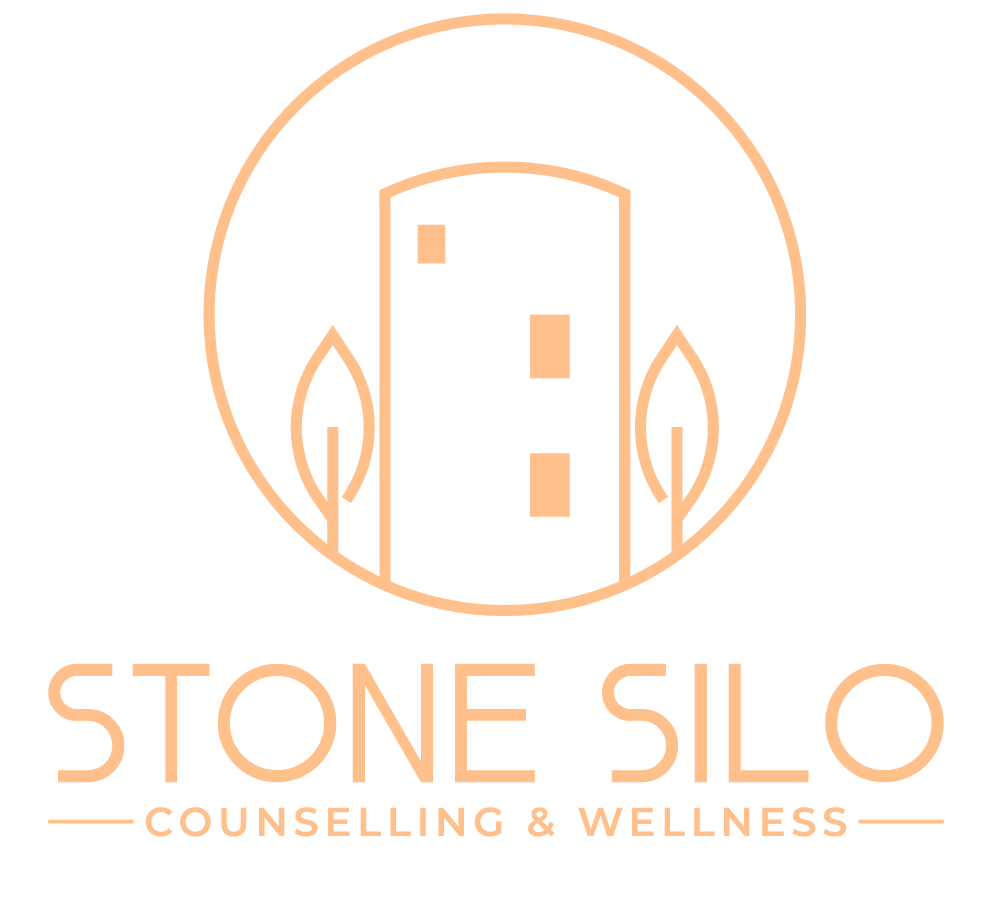Grief is a deeply personal and complex emotion that can leave individuals feeling overwhelmed, helpless, and disconnected from the world around them. In times of grief, it is not uncommon for those who care about us to feel at a loss themselves. They witness our pain, longing to provide comfort and support, yet unsure how to do so. Understanding how to help someone struggling with grief is an essential skill that can make a world of difference in their healing process.
In this blog, we will dive deeper into understanding grief and discover how to be a beacon of hope for those who need it most.
What Does Grief Look Like?
Grief takes on many shapes and forms, extending far beyond the traditional notion of mourning a deceased individual. It can infiltrate our lives through the loss of a job we held dear, the dissolution of a meaningful relationship, or the weight of unfulfilled aspirations and failures. Each of these experiences brings its unique sense of grief or loss, leaving us grappling with complex emotions and a profound sense of longing. By acknowledging the universality of grief, we open ourselves to understanding its various expressions and supporting those who are grieving in any context.
Validating Your Grief
It is not uncommon to feel like your pain is overlooked or diminished, especially when the cause of your grief differs from the more commonly recognized experiences. However, it is essential to remember that grief is a deeply personal and individual journey, and your emotions are entirely valid. Whether your grief is acknowledged by others or not, it does not diminish its significance. Your pain is real, and it deserves recognition and understanding.
Finding Support and Understanding
During times of grief, it can be incredibly comforting to know that support is always available. There are individuals and communities ready to extend understanding and compassion. Seeking solace in support groups, therapy, or even confiding in trusted friends and family can provide invaluable understanding and empathy. As we collectively acknowledge and validate each other’s grief, we foster a world that embraces empathy and healing, offering solace to those who need it most.
You are not alone in your grief, and there are resources out there to help you.
How to Help Someone Struggling With Grief
Grief is a complex and deeply personal experience that affects each individual differently. When someone you care about is grieving, it can be challenging to find the right words or actions to provide comfort. However, doing nothing is not the answer. In this blog post, we will explore meaningful ways to support someone who is grieving, acknowledging that good intentions matter and learning from our experiences.
Taking Action, Even When Unsure
It’s natural to feel unsure about how to help someone in grief, but you should know your support matters. While you may not have all the answers, your presence and willingness to assist can make a significant difference. Avoid the temptation to do nothing and instead make an effort to be there for the person.
Understanding Guilt and Good Intentions
Many people feel guilty when they don’t know how to help someone who is grieving. It’s important to recognize that this guilt stems from good intentions rather than a lack of caring. Remember that you can’t change the past, but you can learn from it. Embrace the opportunity to grow and improve in providing support for others in the future.
Sympathy and Empathy: Your Experience Isn’t a Prerequisite
You don’t need to have personally experienced grief to provide support. Showing sympathy and empathy does not require you to fully understand what the person is going through. Listen attentively, validate their feelings, and offer your unwavering support. Sometimes, knowing that someone cares and is there for them can bring immense comfort.
Consistent Check-Ins: Birthdays and Anniversaries Matter
Grieving is a journey that extends beyond the initial stages. Consistently checking in on your loved one, especially during significant dates such as birthdays and anniversaries, can demonstrate your ongoing support and care. These milestones may be particularly challenging for the person, and your presence can make a meaningful difference in their healing process.
Sensitivity towards Triggers
Be mindful of potential triggers for the grieving individual. If a specific topic or event is known to cause distress, it’s essential to exercise sensitivity and avoid bringing it up. However, if you are comfortable, be open to providing a listening ear when the person needs to let their emotions out and talk.
The Power of Acknowledgment and Presence
In times of grief, simply acknowledging the pain and being there for the person can be tremendously powerful. You may not have all the answers, and that’s okay. Sometimes, all you can do is offer a shoulder to lean on, a listening ear, or a comforting presence. Letting them know they are not alone can provide a sense of solace during their difficult journey.
By offering consistent support, acknowledging their pain, and listening attentively, you can provide comfort and help them navigate the challenging process of grief.
The Difference Between Death and Loss
Grief is an intricate journey that touches our lives in various ways. It is an emotional response to the profound sense of loss that accompanies significant changes or events. Death and loss are two distinct aspects of grief, each carrying its own unique implications and manifestations.
Death: A Universal Passage
Death is an unequivocal reality of life, the ultimate departure from this world. It represents the permanent cessation of life, the transition from the tangible presence of a loved one to their absence. How death is perceived and approached, however, can vary significantly across cultures. Different societies have diverse rituals, beliefs, and mourning practices that honour the deceased and provide solace to the bereaved. Understanding and respecting these cultural differences can foster empathy and compassion when supporting individuals grieving the loss of a loved one.
Loss: The Grief Beyond Death
While death is a profound form of loss, grief can extend beyond the boundaries of mortality. Loss encompasses various situations where we experience a sense of deprivation or absence, even if it does not involve the physical passing of a person. Loss can manifest in different ways and it is important to recognize that each situation requires its own unique support and understanding.
Unrecognized Grief: The Hidden Presence
Grief is not always immediately identifiable, both within ourselves and among those around us. Sometimes, we may fail to recognize our own grief or dismiss it as insignificant, especially when it stems from non-death-related experiences. Losing a job, for instance, can evoke a profound sense of loss, leading to feelings of insecurity and uncertainty about the future. Similarly, individuals in our midst might be silently grappling with their own grief, and it is crucial to cultivate empathy and create safe spaces for open communication, allowing them to share their emotions and seek support.
Validating All Forms of Grief
Regardless of the magnitude or perceived significance, every individual’s pain is valid. Each person’s journey through grief is unique, shaped by their personality, history, and circumstances. Offering support and understanding without judgment or comparison is essential when comforting someone who is grieving. Validating their emotions and providing a compassionate presence can make a significant difference in their healing process.
Understanding the cultural variations surrounding death, recognizing unrecognized grief, and validating all forms of grief are crucial steps toward fostering empathy, compassion, and support for those navigating the complexity of grief.
Stone Silo Wellness & Counselling understands the profound impact that grief can have on individuals and offers compassionate support through grief counselling. Our dedicated team of experienced counsellors is here to help you explore the depths of your grief and the challenging emotions you are experiencing so that you can begin your journey toward healing. Contact us to book an appointment today.





